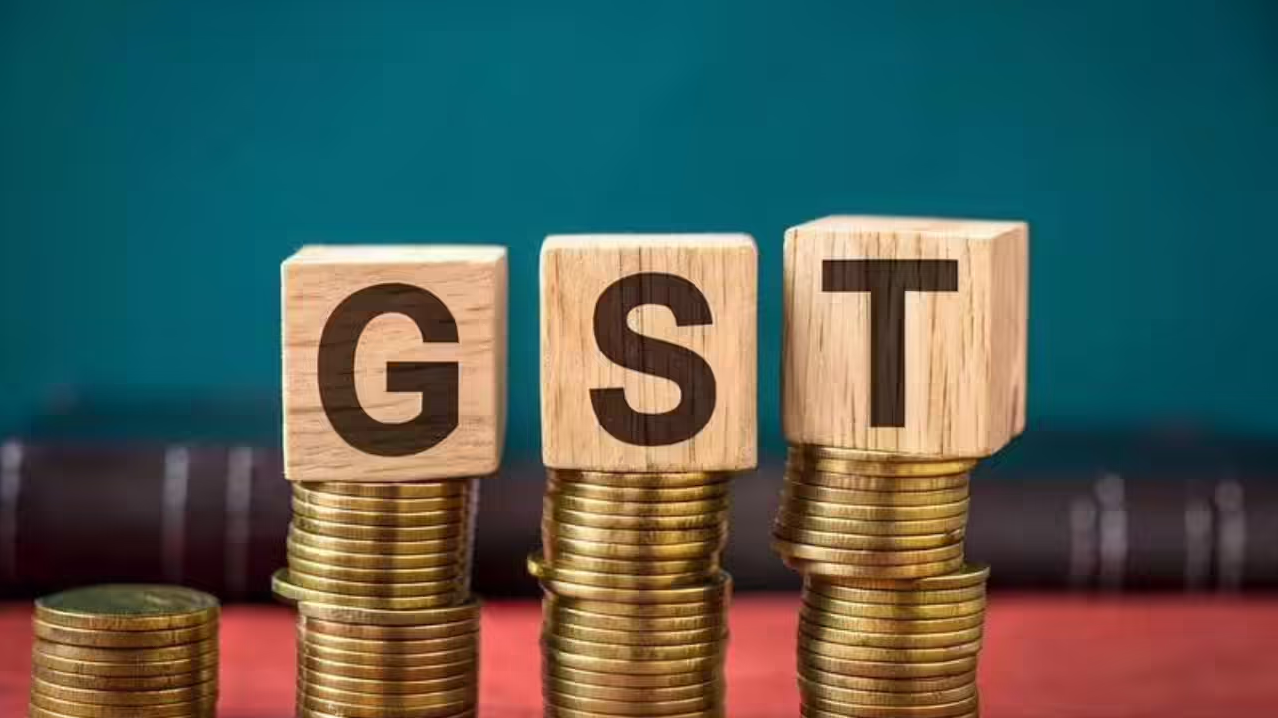NEW DELHI: The 56th meeting of the GST Council has cleared a series of reforms to make compliance easier for businesses. The changes include a simplified registration scheme, risk-based refunds, and more clarity on post-sale discounts. Most of these reforms will come into effect from November 1, 2025.
Simplified Registration for Small Businesses
The Council approved a new registration system for small and low-risk applicants, allowing automated registration within three working days. Businesses with a monthly output tax liability of up to ₹2.5 lakh on B2B supplies will be eligible, covering nearly 96% of new registrants.
A separate scheme has also been approved for small e-commerce sellers operating across multiple states.
Faster Refunds for Exporters
Exporters and suppliers to SEZs will benefit from a risk-based provisional refund system. Under this, 90% of refund claims will be released quickly, with only high-risk cases going through detailed checks. The same process will apply to refund claims from the inverted duty structure (IDS).
The Council also removed the refund threshold for low-value export consignments, helping small exporters who use courier and postal services.
Changes to Intermediary Services
The Council recommended removing Section 13(8)(b) of the IGST Act, which treated intermediary services as taxable in India even if the client was abroad. With this change, such services will be considered exports, making them eligible for export benefits.
Post-Sale Discounts Made Simpler
Amendments to the CGST Act will allow discounts through GST credit notes without needing pre-supply agreements. The government will also withdraw its June 2024 circular and issue a fresh clarification to remove confusion.
Other Key Decisions
- RSP-based valuation will apply to sin goods like cigarettes, gutkha, and pan masala to reduce revenue leakage.
- The GST Appellate Tribunal (GSTAT) will start accepting appeals by the end of September 2025 and begin hearings by December.
Focus on Small Businesses
Finance Minister Nirmala Sitharaman said the reforms aim to make GST simpler, faster, and more predictable. She added, “These reforms will especially help small businesses, exporters, and labour-intensive sectors.”
The decisions mark another step towards making GST compliance easier while strengthening transparency in India’s indirect tax system.
